(To Quoc) - In the context of 4.0 technology and international integration, especially after the Covid-19 pandemic, storing and building a digital document library center is essential to improve access to information for learners, teachers, and researchers. However, this also poses many challenges regarding copyright of digital documents.
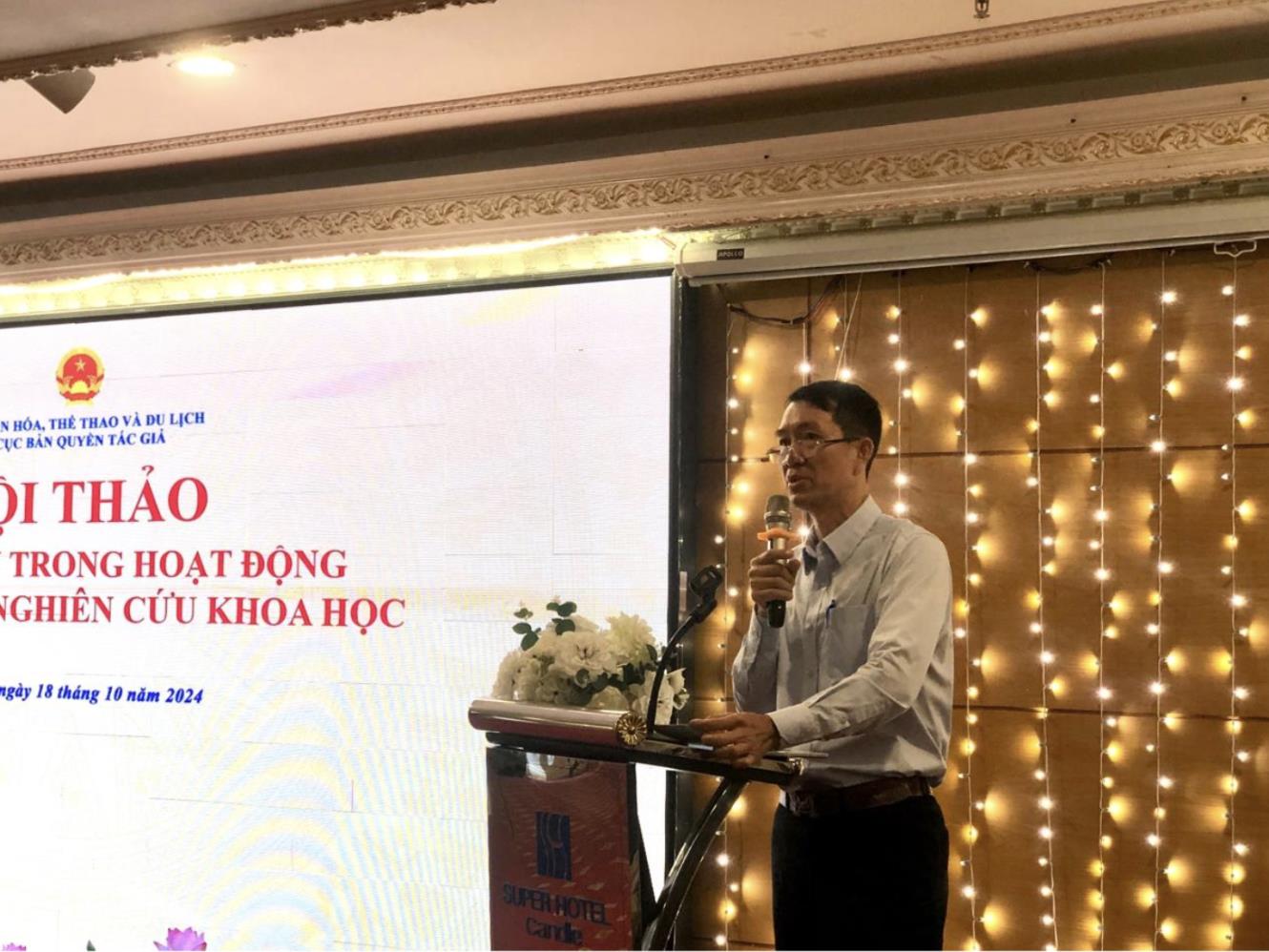
The Copyright Office's workshop on Copyright in teaching and scientific research activities took place on October 18, 2024 in Hanoi.
Copyright infringement is common in education.
At the workshop on October 18, 2024 organized by the Copyright Office on Copyright in teaching and scientific research activities, MSc. Tran Quang Trung, Faculty of Law, Duy Tan University (Da Nang) pointed out that the current situation of copying learning materials in universities is quite arbitrary, illegal, and beyond the control of the school. This not only harms the legitimate and legal rights and interests of the author but also affects the quality of teaching and training at the university level.
"Even if only copying a part or the whole work for the purpose of studying, it is still considered copyright infringement. The photocopying situation seriously affects the normal exploitation of the work of the author and the owner of the work, because the cost of photocopying the work will be cheaper than the price of buying a legal copy of the work. Therefore, many people will certainly choose to photocopy the work rather than buy the work." - Master Tran Quang Trung emphasized.
Sharing the same view, MSc. Ngo Kim Hoang Nguyen (Ho Chi Minh City University of Law) also said that the Information - Library Center, Ho Chi Minh City University of Law always complies with the provisions of the law on copyright, applying science and technology in library management such as encryption, limiting access rights, regularly checking and maintaining the security system... However, it is still inevitable that there will be attacks, intrusions and illegal copying by learners, and in some cases, there are also cases of use for profit and business purposes. The director of the center also emphasized that completely controlling access is not easy, almost "impossible" because it depends on the awareness of learners.
According to Master Nguyen, universities are not strict in copyright protection. In many cases, schools even "facilitate" students to copy, such as schools providing ink, paper, and machine rental services, along with each library's own regulations. Students copy by themselves, pay for the copying fee, and are responsible for their own actions.
MSc. Pham Thi Mai, Library Information Center, Hanoi Law University also stated that users can only copy by hand and are not allowed to use a copying device, so if the Library allows users to use a copying device to copy a copy, it is also considered a violation of copyright in library activities.
In addition, many graduate students and doctoral students, after successfully defending their theses and dissertations, proceed to print and publish books. However, the universities where they were trained arbitrarily put these theses and dissertations on digital platforms and communicate them to students. This behavior affects the right to normal exploitation of the work and harms the rights of copyright owners.
According to Dr. Tran Nguyen Cuong, Head of the Faculty of Law, Vietnam Women's Academy, in reality, in Vietnamese higher education institutions, there are still cases of copyright infringement, such as: Illegal copying of theses, dissertations, dissertations... Such acts of violating intellectual property laws not only affect the rights and interests of copyright holders but also negatively impact the creative activities and scientific research of lecturers, students, and trainees at those higher education institutions.
In the digital age, copyright infringement is carried out easily, in sophisticated forms, more difficult to detect and handle. This reality leads to the protection of copyright, including the right to copy works in higher education institutions, becoming increasingly difficult. To ensure that copyright is fully implemented, there needs to be a synchronous solution from perfecting legal regulations on copyright protection, improving the effectiveness of competent state agencies and public awareness of intellectual property rights.
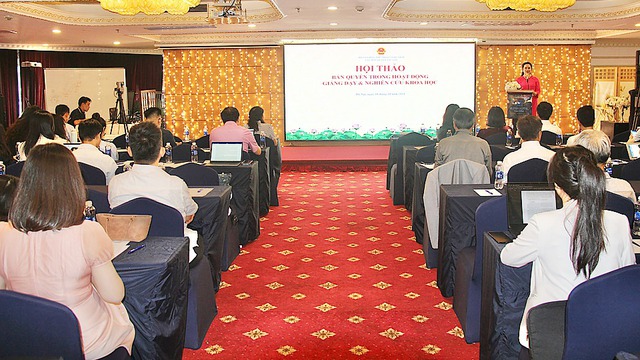
Conference Scene
Need to soon develop guidelines for copying works
Faced with the above situation, Dr. Phung Thi Yen, lecturer at the Faculty of Law (Foreign Trade University) said that the regulations on standards for referencing or citing sources of documents are still unclear, creating loopholes for fraudulent behavior in scientific research. "It is necessary to consider and issue general guidelines for higher education institutions. In which, there are model standards on the percentage of documents referenced when performing scientific creative activities, clearly stating appropriate citation methods to ensure originality and transparency when giving opinions or referring to scientific content," Dr. Phung Thi Yen proposed.
At the same time, the representative of Hanoi Law University stated that it is necessary to soon develop regulations guiding what is considered “reasonable copying of a part of a work” based on qualitative and quantitative criteria, assessing the characteristics of each group, the nature of the copied part of the work, the frequency of copying, the extent of copying, etc. At the same time, it is necessary to clearly determine whether this affects the exploitation of the work of the copyright owner or reduces the revenue of the copyright owner.
Proposing additional solutions, MSc. Pham Minh Truong, Head of Technical Department (Vietnam Film Institute) said that it is necessary to implement synchronous solutions on law, technology and propaganda; continue to perfect the legal system on copyright protection; update and enforce copyright laws to protect digital works; organizations need to support authors in detecting and handling violations...
In terms of technological solutions, it is necessary to use digital management software to control the use and distribution of works in cyberspace, ensuring that only authorized people can access or use the works. In addition, blockchain technology can be used to create immutable records of copyright, helping to track the origin of content and verify ownership. In addition, digital signatures and encryption, tools and software to detect copyright infringement should be applied.
“Finally, it is raising awareness and education in all environments. The focus is on community education through online courses, seminars, documents, organizing communication campaigns; and educating about the consequences of copyright infringement,” said Master Pham Minh Truong.
At the workshop, many experts, researchers, and lecturers raised a series of difficulties in the enforcement of copyright at universities today, and also made essential proposals, mainly the recommendations of the delegates focused on the following 3 issues: First, on the work of law making. In the coming time, it is necessary to continue to perfect regulations and provide detailed instructions for the force working on the enforcement of copyright in general, and copyright in particular, to avoid ambiguous regulations leading to contradictory interpretations.
Second, the School needs to continue to raise awareness of the role of implementing legal regulations related to digital transformation in the library industry.
Third, the School and Library must take good preventive measures to ensure that the server system is not attacked; strengthen the protection of devices and personal accounts when using digital information resources.
Issued legal documents on copyright and related rights include: Law No. 07/2022/QH15 amending and supplementing a number of articles of the Law on Intellectual Property, effective from January 1, 2023; Decree No. 17/2023/ND-CP detailing a number of articles and measures to implement the Law on Intellectual Property on copyright and related rights. |
Source: https://toquoc.vn/vi-pham-ban-quyen-trong-giang-day-va-nghien-cuu-khoa-hoc-2024111416541321.htm




![[Photo] Overcoming all difficulties, speeding up construction progress of Hoa Binh Hydropower Plant Expansion Project](https://vstatic.vietnam.vn/vietnam/resource/IMAGE/2025/4/12/bff04b551e98484c84d74c8faa3526e0)

![[Photo] Closing of the 11th Conference of the 13th Central Committee of the Communist Party of Vietnam](https://vstatic.vietnam.vn/vietnam/resource/IMAGE/2025/4/12/114b57fe6e9b4814a5ddfacf6dfe5b7f)



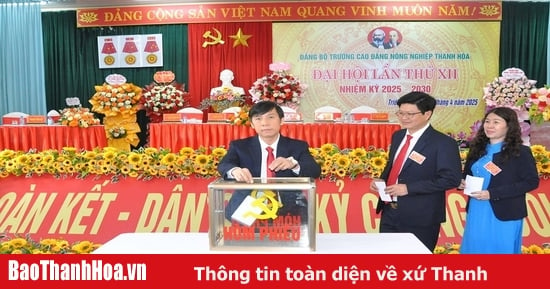

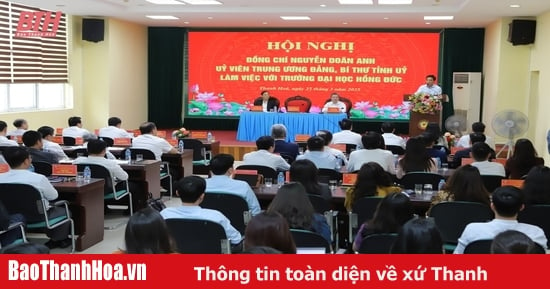
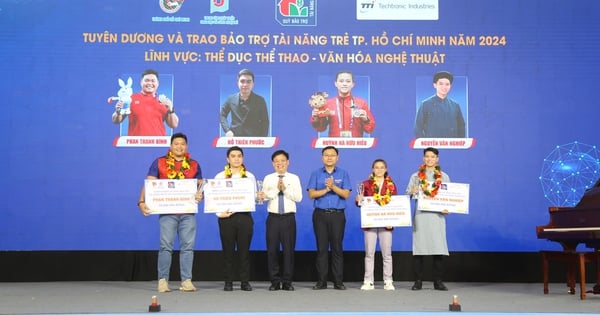

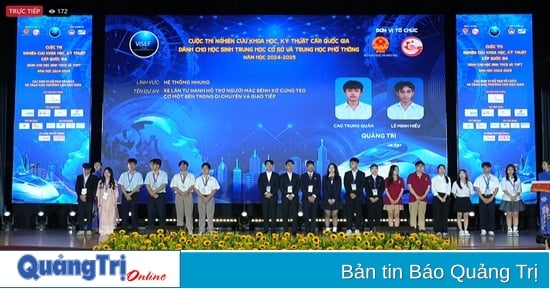
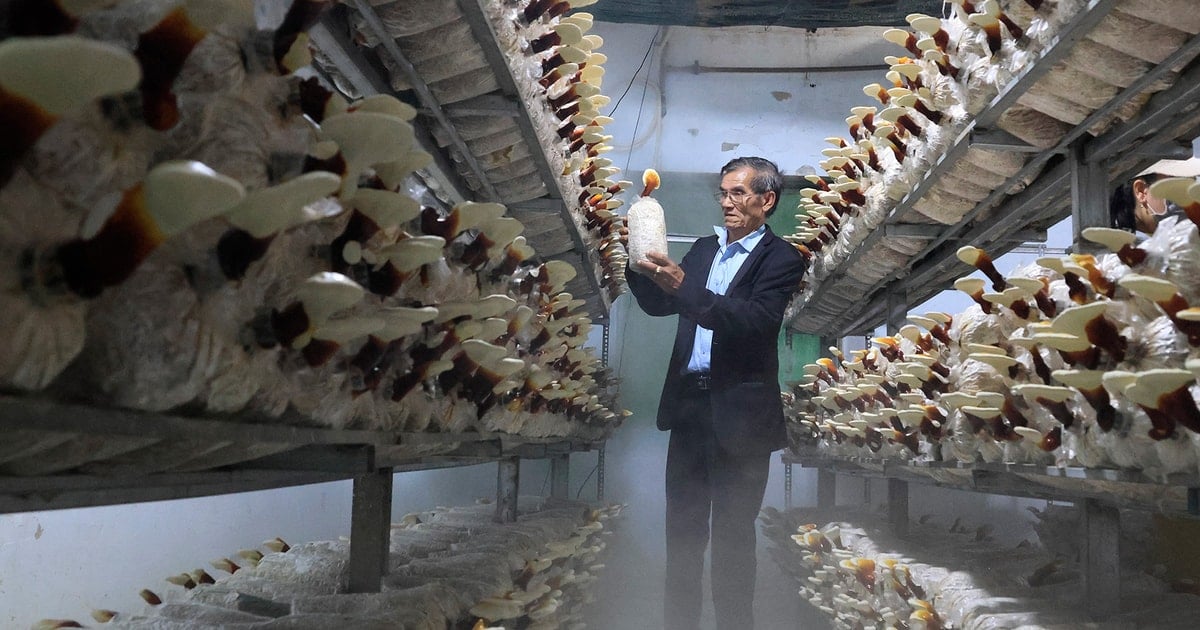
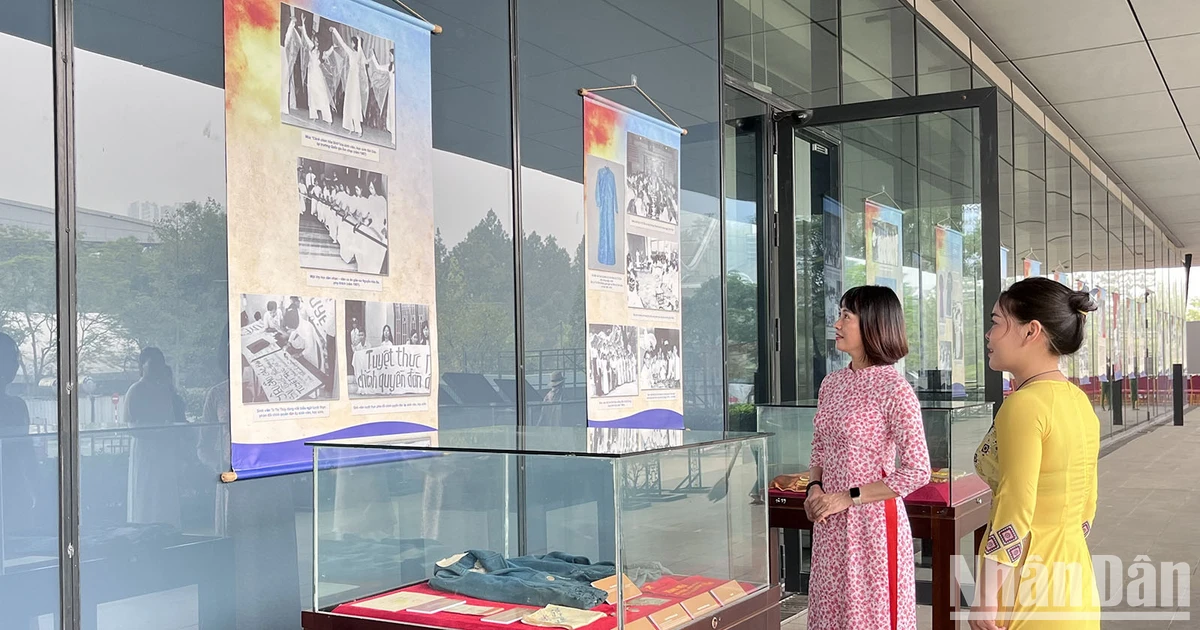
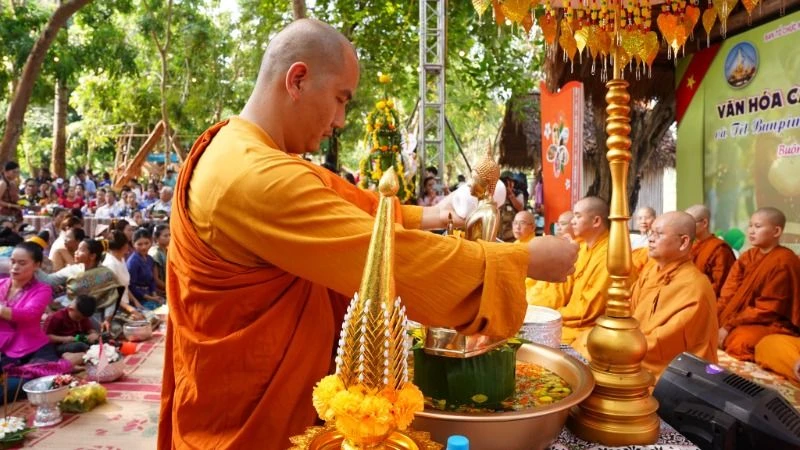
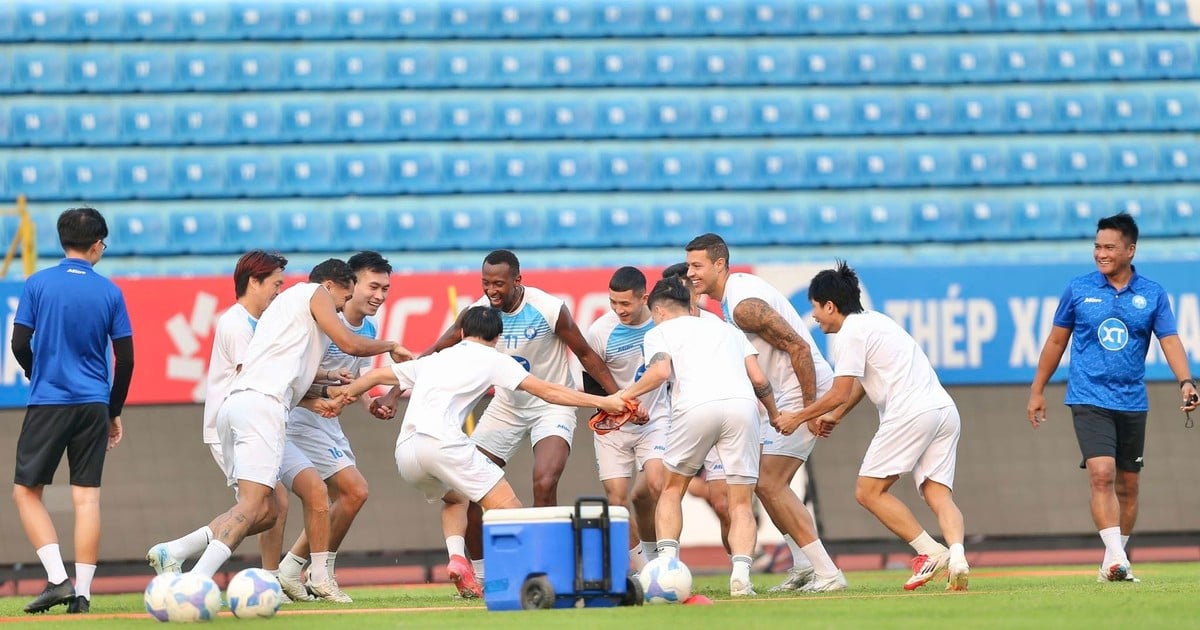
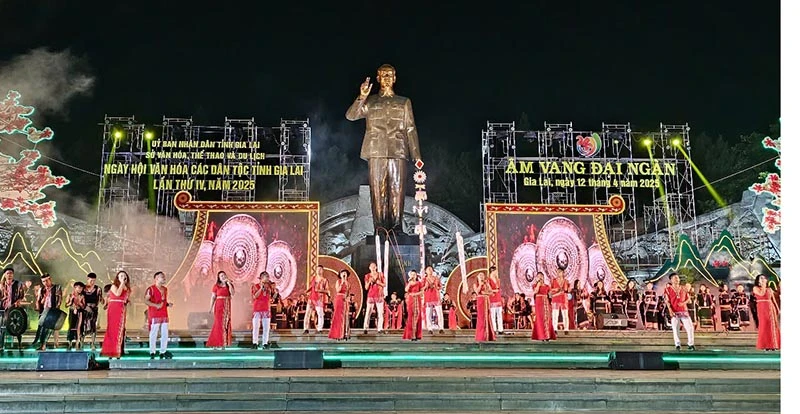
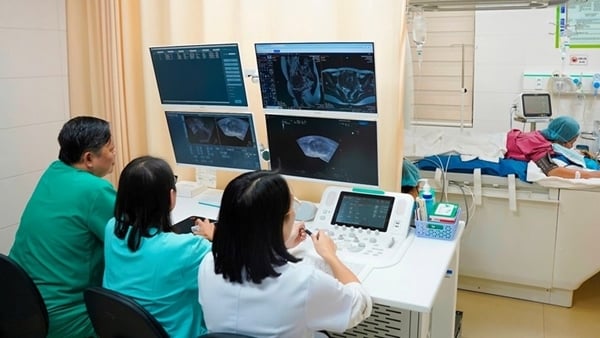
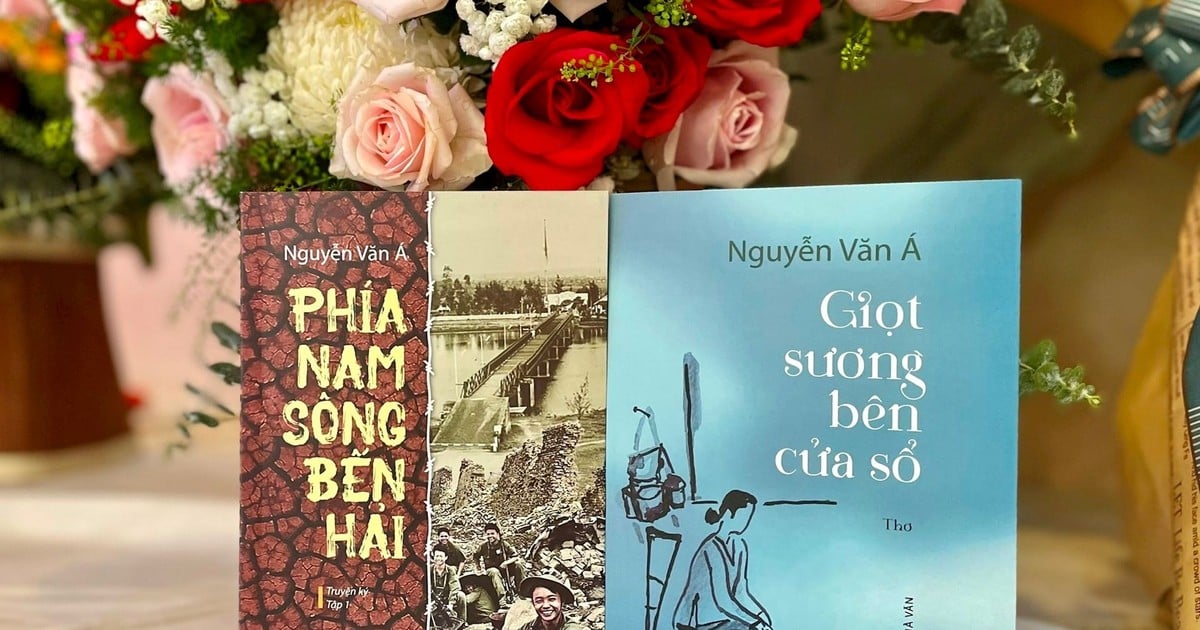




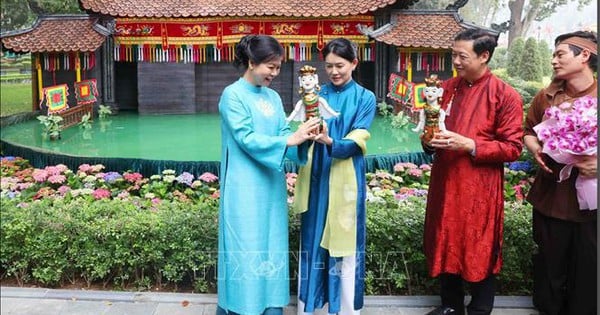
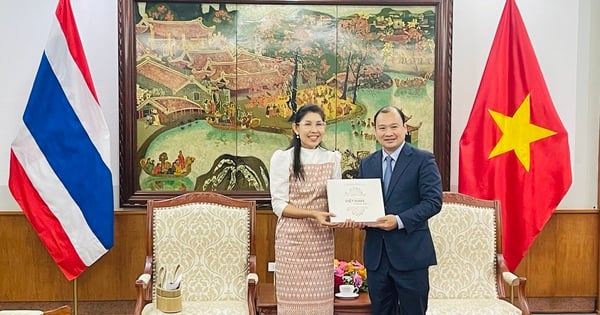
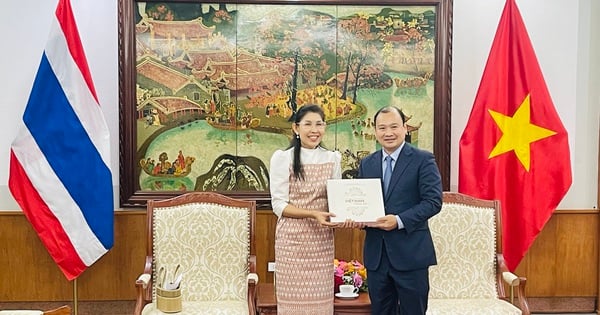
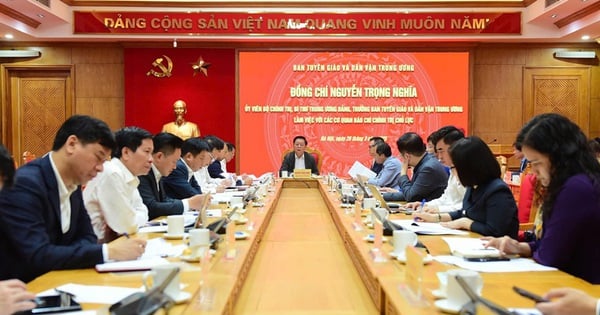













































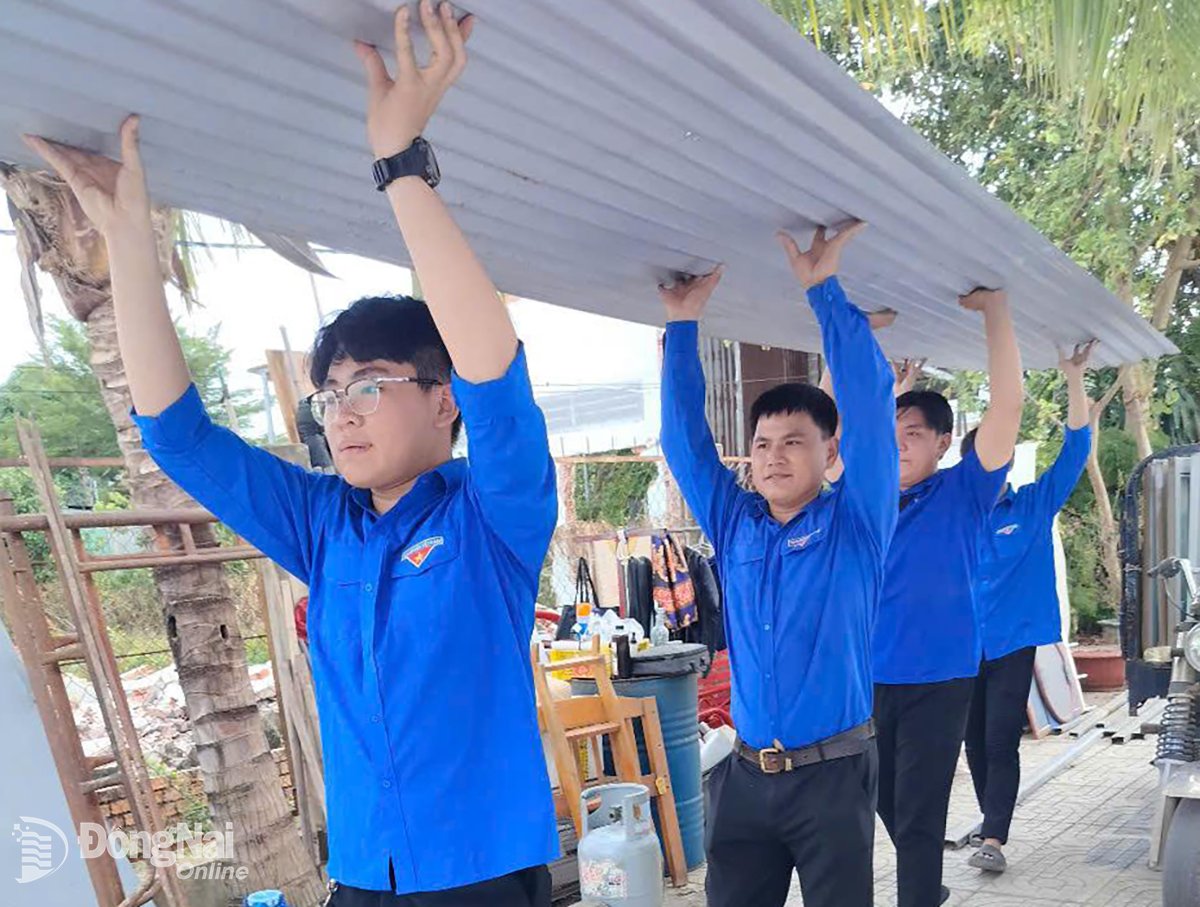

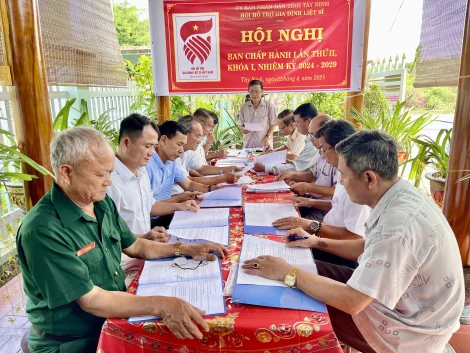
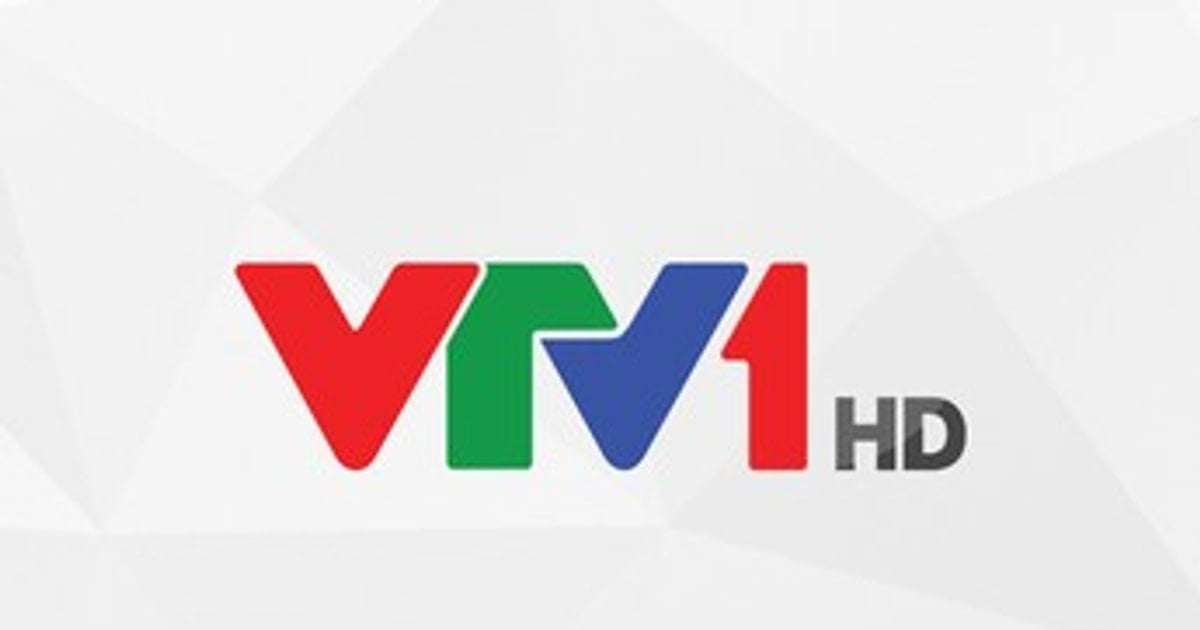

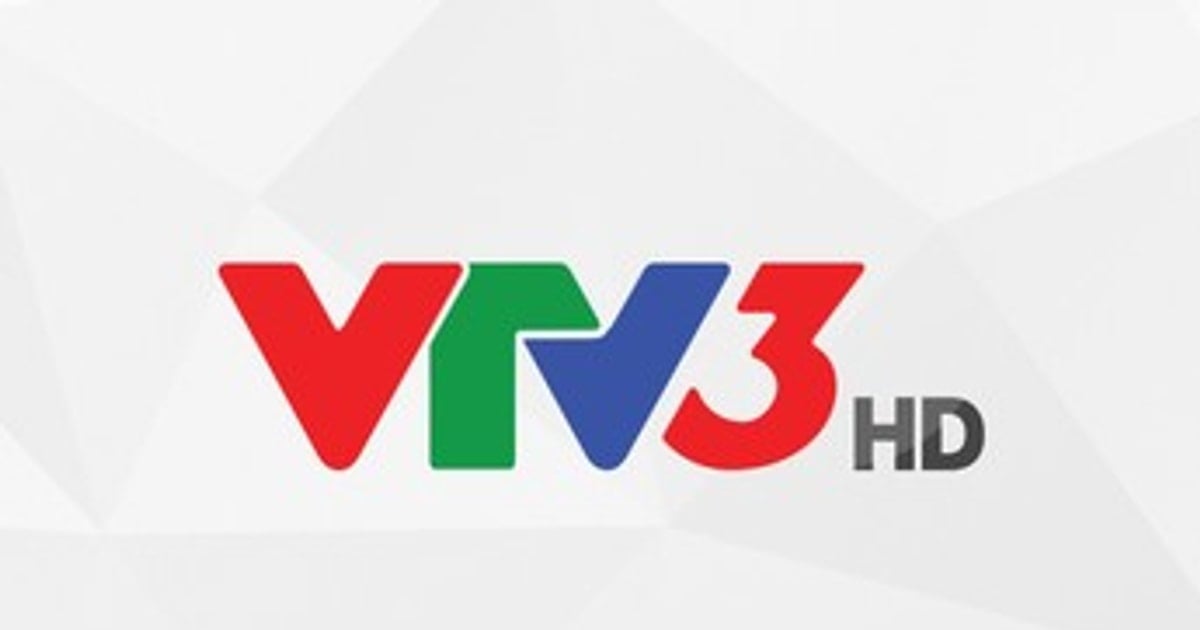
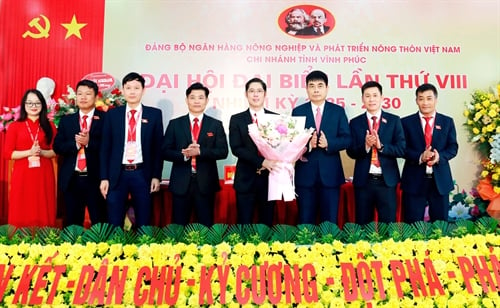












Comment (0)